Specials teachers, related arts, whatever you want to call us, there are some things that are just DIFFERENT when you teach a specialized topic instead of a grade level. We have a student their entire career at a school, we see them grow up, and we have to know all the content, standards, and educational goals for multiple grade levels. For a lot of us, our certifications are for ANY music, K-12. This means we can be thrust into situations like teaching orchestra when we only learned to play a string instrument in our tech classes (think one semester to learn how to play all those strings), or teach choir when we were an instrumentalist who struggled through our sight singing classes. We specialized in one to get into music school, and throughout or music school career. Learning the rest of them was part of our course work.
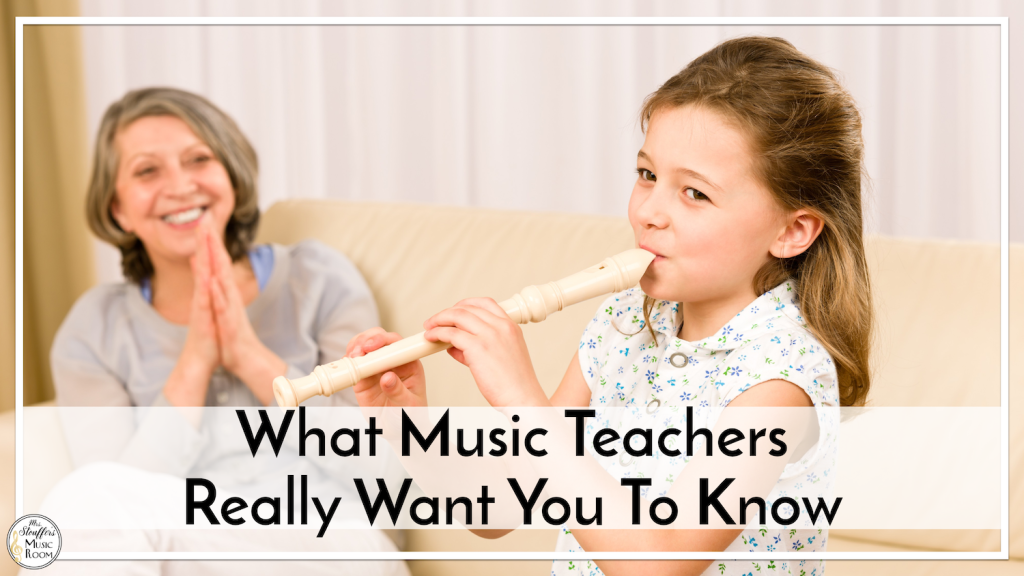
We really want you to know…
- We are highly certified and have to go through all the same things as other teachers like classes, student teaching, getting a degree and extra training. Being a specialist means we have specialized in one area of education. This does’t make us lesser teachers, less important or “not real teachers”. We are not second class teachers in schools and we shouldn’t have to defend our content area as important. This goes for art and physical education teachers too. We still collect data, assess, and have to take PD (and usually find our own on top of it because PD that involves math standards have nothing to do with us). This also means that when we tell you a song is not age appropriate because of students’ voice ranges, or the lyrics may be too difficult, you should believe us.
- There is a lot more going on in our class than what you see on the surface. There are standards, and we have a curriculum. Those fun and games are actually learning activities. Those vocal warm ups serve a purpose outside of ‘warming up’. Our classes involve social emotional learning that isn’t contrived, personal management skills, movement skills, interdisciplinary topics, reading, analyzing, creating, and more. There are lots of kids that connect in our classes they way they do not in others. And while our subject IS mathematical, historical, scientific, etc, that is not the important reason for our class. Elementary music is also not here to prepare students for band/choir/orchestra. Music is self expression, creativity, and community. Skills students learn in our classes can stay with them forever.
- While this goes for all teaching, let’s be specific. Just because you were in band or choir or took piano lessons does not mean you can do what we do or should have a say in what we do in our class. Just because I rode in a car for 16 years doesn’t mean I can drive one which is why driver’s training exists as do classes we had to take to learn how to teach music. Also – just because you see kids doing it on TV or the internet doesn’t mean it is appropriate for an entire class.
- We are not experts in sound technology and lighting. I’m more than happy to help, but I don’t know what that button does either…
- We do not have a song to teach kids every concept under the sun. That is teaching concepts through music, not teaching music. We have our own curriculum so taking time to teach other concepts through music isn’t something we have time to do. If you really need help, please ask, but it might not be possible.
- We are not failed performers. Some of us legitimately hate solo performing. We chose to teach. Performing skills do not equal teaching skills.
- We have the kids longer than classroom teachers. Those students that are “your kids” for the year, have already been ours for multiple years or will be. We watch them grow up, know them from year to year and work with them longer than one year. We want them to succeed and thrive. Some kids thrive in our classrooms when their home classroom isn’t their thing. Some kids feel like music is a safe haven, an outlet, or a place they feel they can succeed outside of traditional classrooms. We will get protective if you bad mouth that kid that struggles in your room and assume they struggle in ours.
- PLEASE give us planning time, preferably not at the bookends of the day. Besides the fact that we have all the kids in the school not just 20-35 of them, we have lots of things to prep. We cannot teach the same thing to every grade level and we need time for all of them. Sometimes, our classes need a LOT of things set up before class starts like instruments, manipulatives, centers, and teaching tools. And music teaching is ON the whole time. There aren’t a lot of quiet, work on your own moments.
- Performances need planning. If you really want us to demonstrate something you saw in our class for the PTA, informance style, that’s one thing, but to have the students learn a new song or more and perform for a “performance” in 2-3 weeks is not really doable for a quality performance. This includes parent events, plays you put together in class, holiday performances that weren’t scheduled and anything else in public. Our classes are more than prepping for performances, and not every kid loves performing. Having ‘down time’ between performances is important for students to get a chance to express their creativity, learn musical concepts, and apply their knowledge outside of performance.
- Please support your kids/students. If it sound TERRIBLE, they are still trying their best. They don’t need a reminder that it was rough. Encourage practice, give them the time and a place to practice, and support their efforts. Here’s some good phrases that don’t say “you were great” when they weren’t and “you were awful” even if they were:
– I can hear how hard you’ve been working.
– I can tell you/the band/the choir/etc enjoyed that piece/song.
– What are you working on?
– What’s the hardest part of this music for you?
– Congratulations on the performance.
– You did it! Let’s get some ice cream. - Seriously. PLEASE stop saying you learned recorder in place of learning skills that are not musical. The classroom teacher didn’t give you a recorder, the music teacher did. If you didn’t learn to balance a checkbook, do taxes, or learn a budget, bring it up with your math teacher.
And finally…
We LOVE music. It is why we teach it. We want our students to experience the best things, hear the best music, and try amazing things. We love to collaborate. It’s what makes music amazing. We are open to new, to trying new things, and growing. We love being part of the team, feeling supported, and supporting our colleagues.
Love, a music teacher

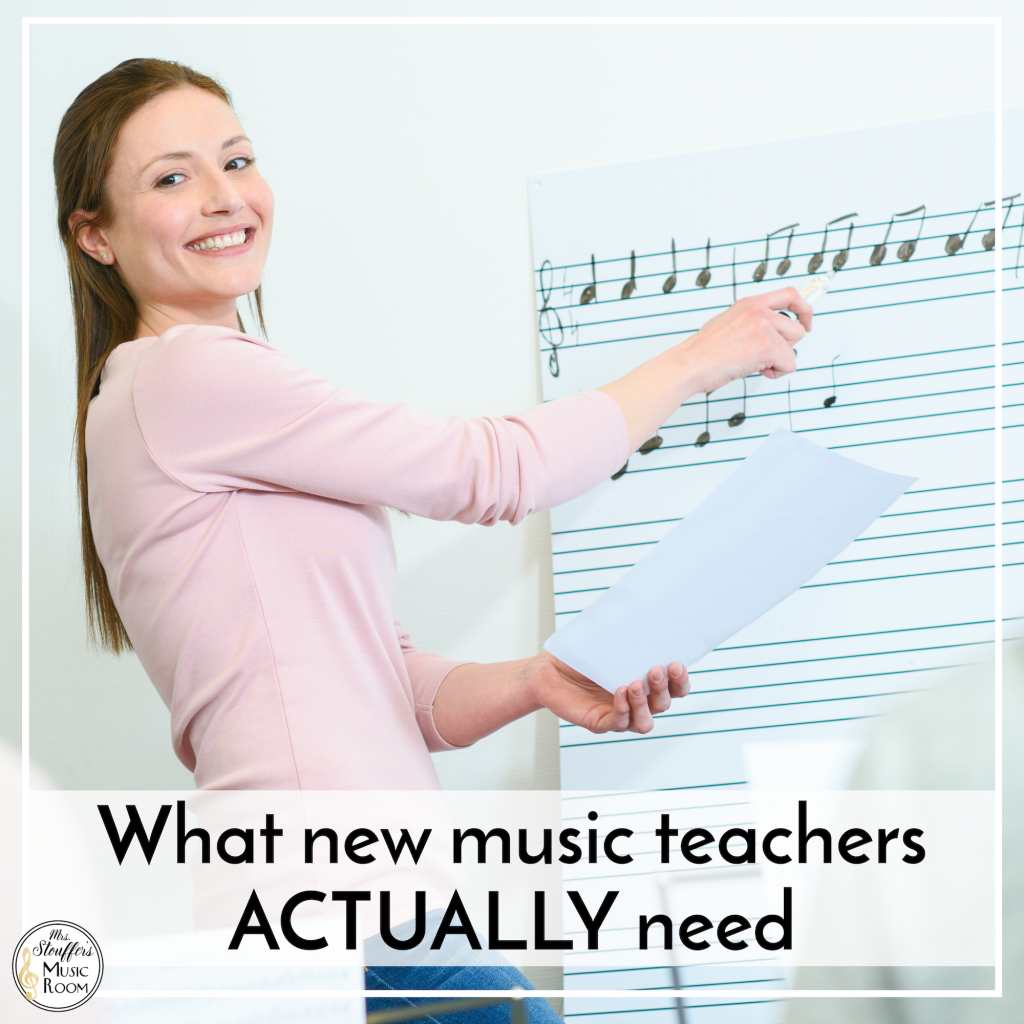
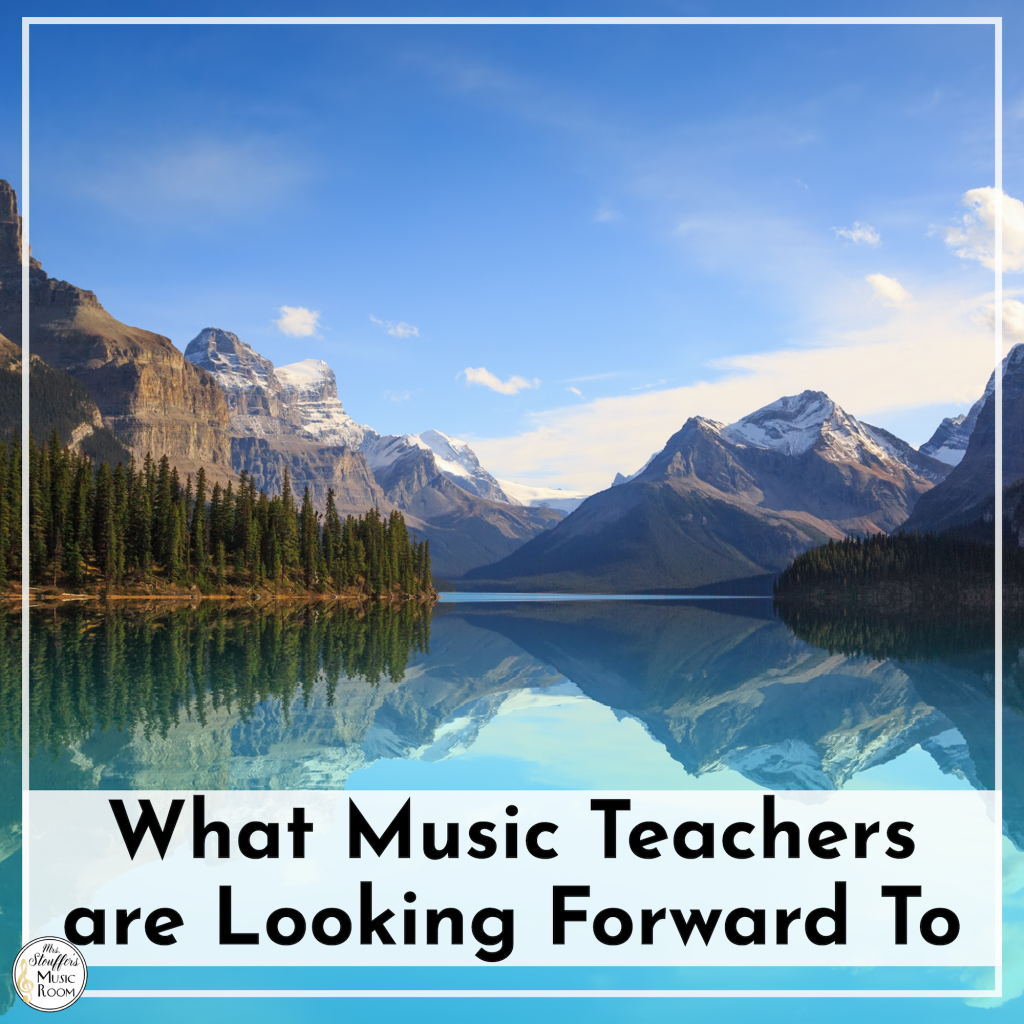
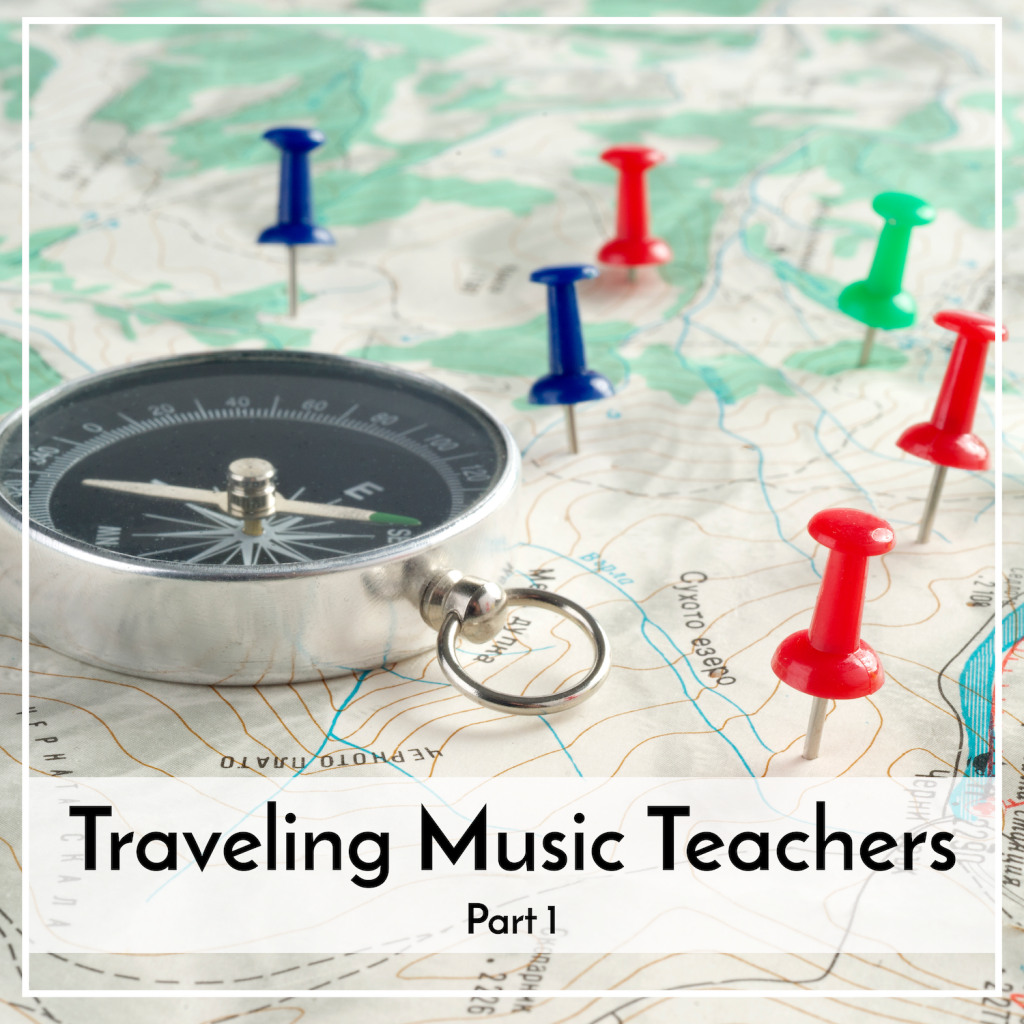
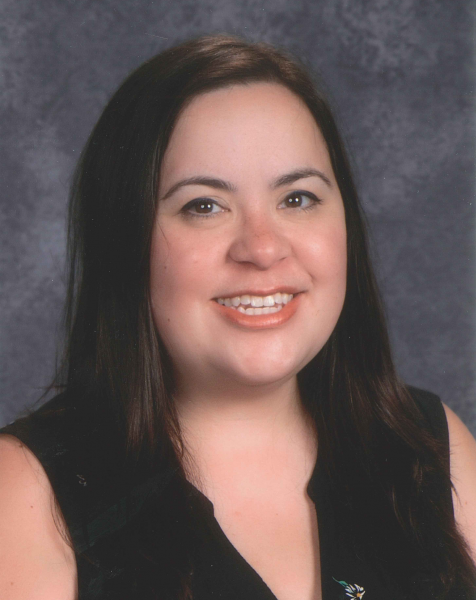
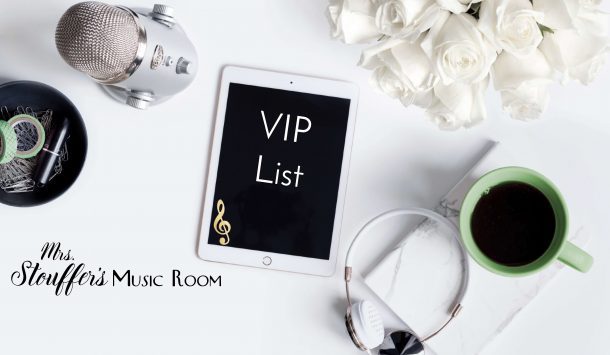
Yes! Yes! Yes! Great article!
Thank you <3
Such truth and wisdom! Thanks for your thoughtfulness in writing this.
Thank you <3
Wow! Wow! Wow! Wow! Wow! Love this!!!
<3